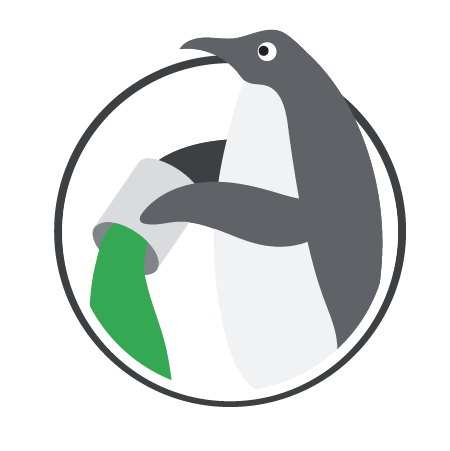SCRATCH CLASSES
Are your kids spending too much time playing video games and watching videos of other people being creative?
With this class they can become the ones MAKING the video games and creative projects.
Computer Programming for kids is a great synthesis class: it combines problem solving and creativity, logic and humor, math and reading comprehension.
Scratch is a drag-and drop programming language that allows students to quickly and easily animate objects to create an interactive program without much typing or the complicated punctuation of professional programming languages.
Despite its simplicity and accessibility, Scratch offers a robust set of commands and students can learn all the basics of a first-year computer programming language: variables, loops, if-then statements, user input, calculations, the x-y coordinate system, etc.
Scratch also allows for easy animation, backgrounds, and sounds so that students can easily create sophisticated and interactive programs and games.
We will be using the Google CS First curriculum: a fun, easily accessible curriculum for new students that is specifically meant to encourage interest in computer science in under-represented student groups. Each topic uses project-based learning in eight lessons to develop skills. Everyone does the same basic project in class, but each student chooses how to do the add-on projects at home to take things to the next level.
Each student needs a laptop with internet access; we also highly recommend using a mouse.
The class takes an hour each day, plus you should give your child a "bonus hour" of computer time to make their project better and play around with the system.
During the covid-19 school closures, all of our Scratch classes will be held online in a virtual meeting. Registration fees are cut in half from $40 to $20.
In addition to helping our students complete the projects, we will also be hand-selecting a few projects from each class to show at the start of the next day's class.
The classes use "project-based" or "inquiry-based" learning, where they are trying to create something specific and learn the tools needed to accomplish a goal (as opposed to topic-based learning, where we would learn each goal in stand-along mini-activities).
Our most popular class is Game Design, where students create several video games. It is more fun if you have some experience before starting the class, so we strongly recommend taking a beginning or intermediate class first.

Upcoming Classes (Pacific Time):
July 29 - August 14, 3-4 PM
Music & Sound, Introductory
July 28-August 20, 1-2 PM
Sports, Advanced
These classes are free for foster families and families that have lost wages due to the coronavirus. They are $20 for everyone else. You only need one registration per connection to the Zoom meeting; multiple students at your home can watch it together.
If you qualify for free classes, use coupon "smartmusic" or "smartsports".
Q: There are three levels. Which one should my kids take?
A: Students with no programming experience should begin with an "introductory" level class or do a few "hour of code" projects to learn how to use a drag-and-drop programming language.
Students with a little experience (our past students, hour of code graduates) and teens could start with an "intermediate" class.
Students with plenty of experience or teens who are good at math can jump straight into an "advanced" level class.
Q: Do you have a more "low-tech" STEM class?
A: Try our Simple Machines unit (TCH 201) with K'Nex or other building sets.










